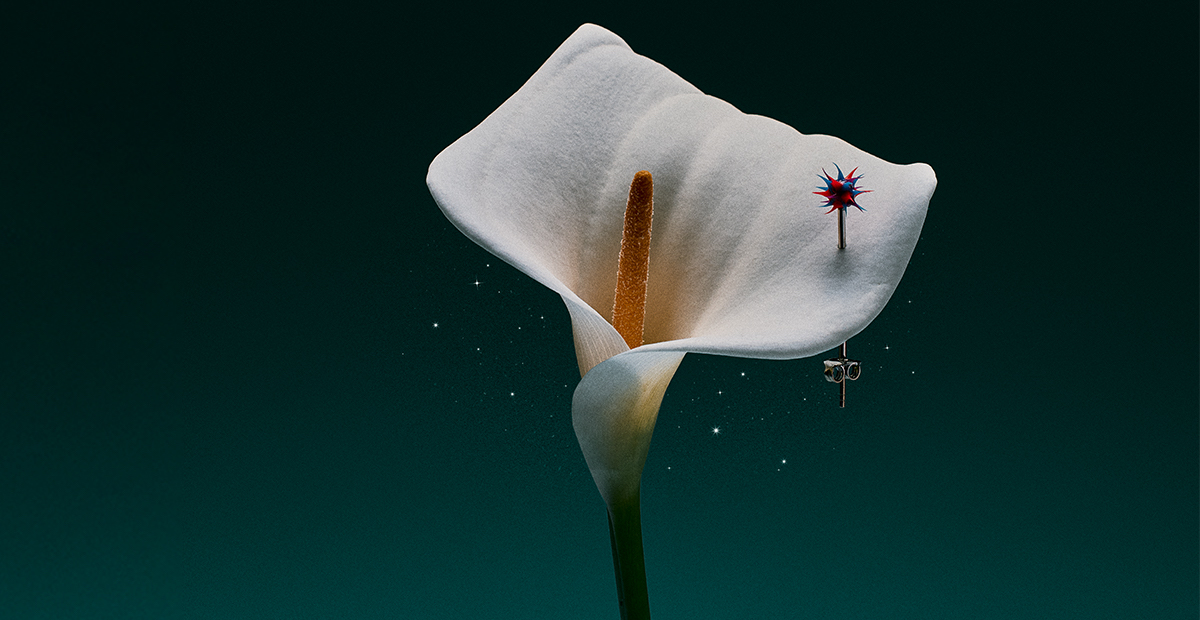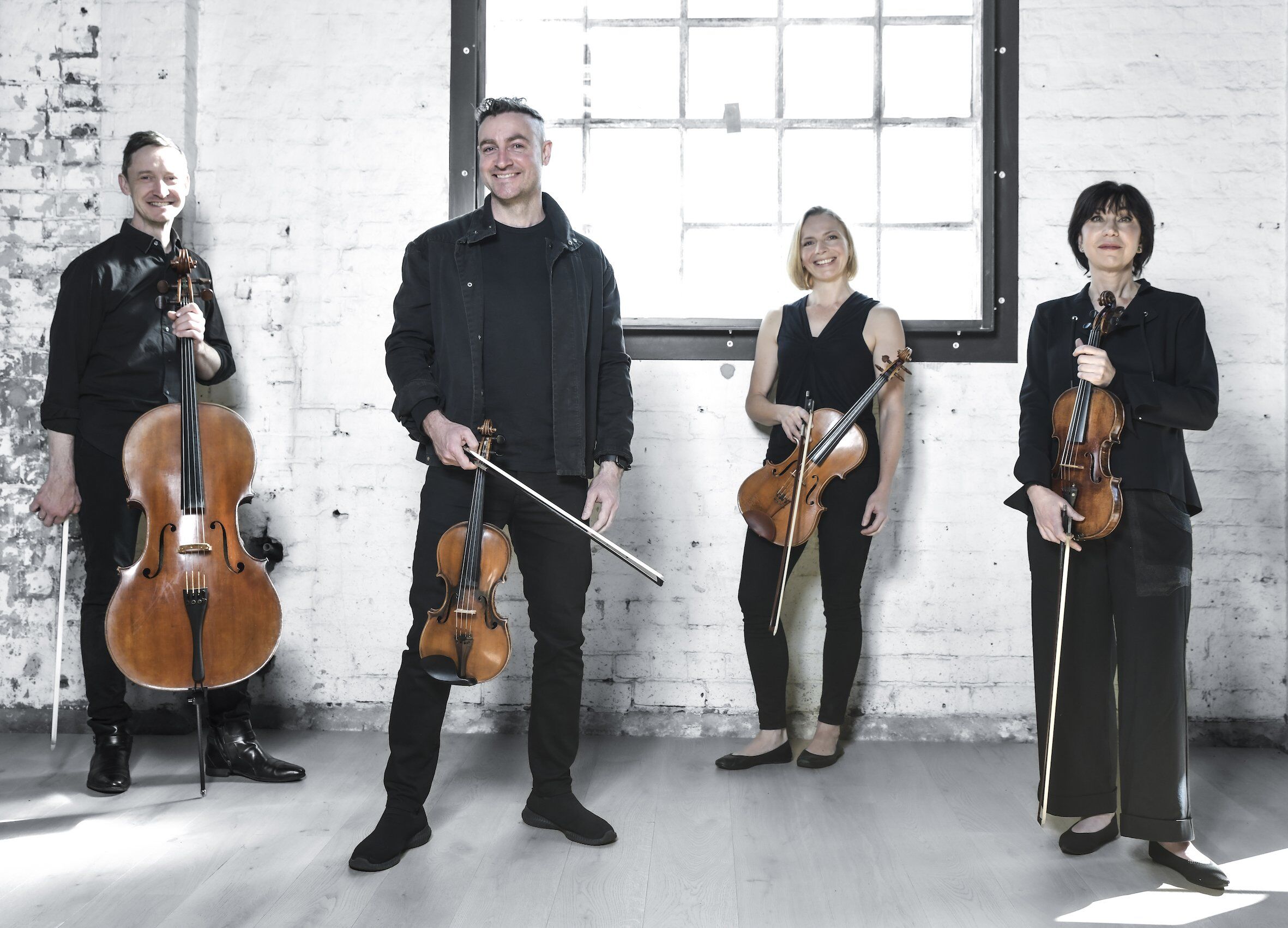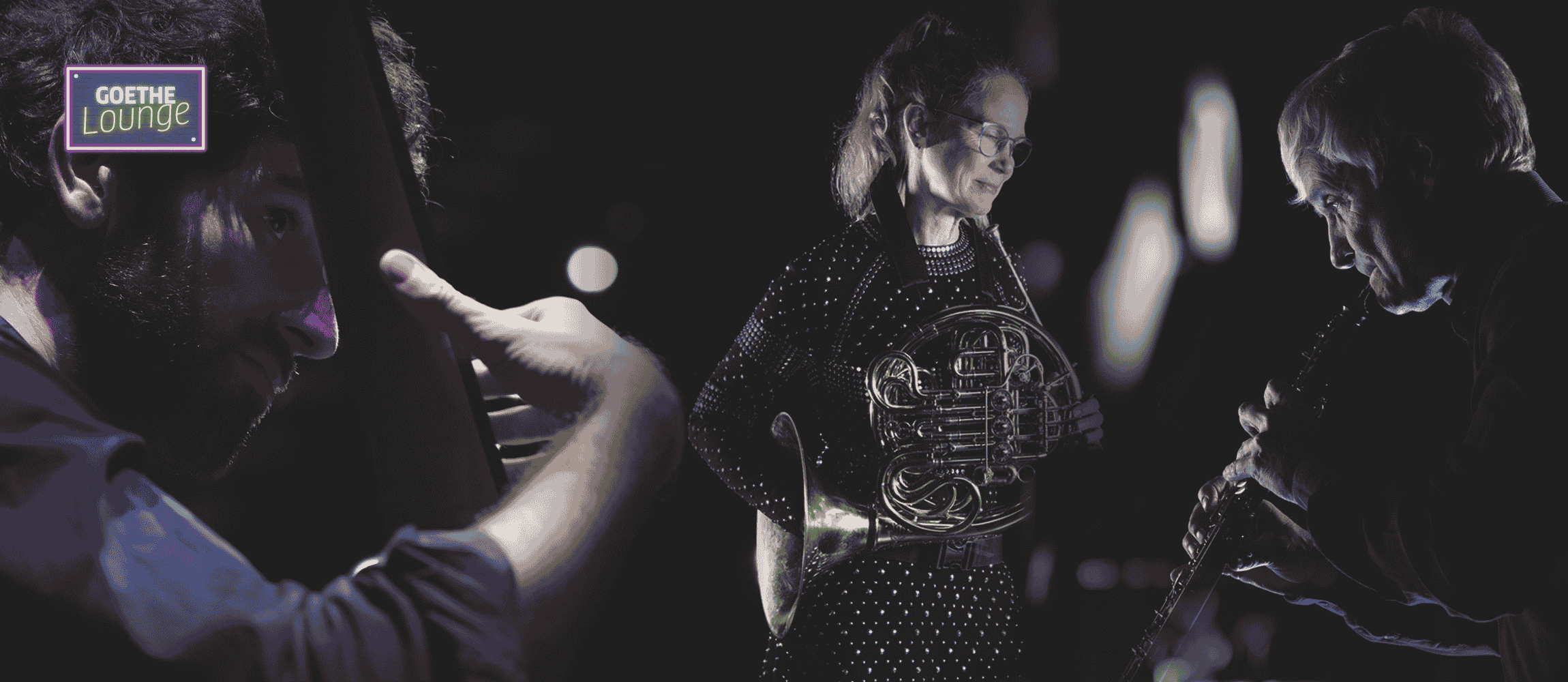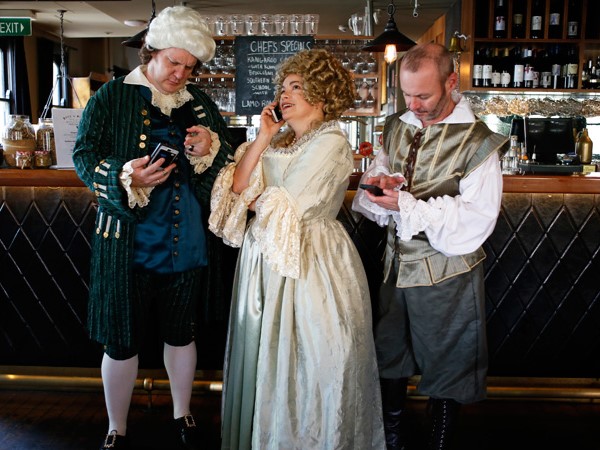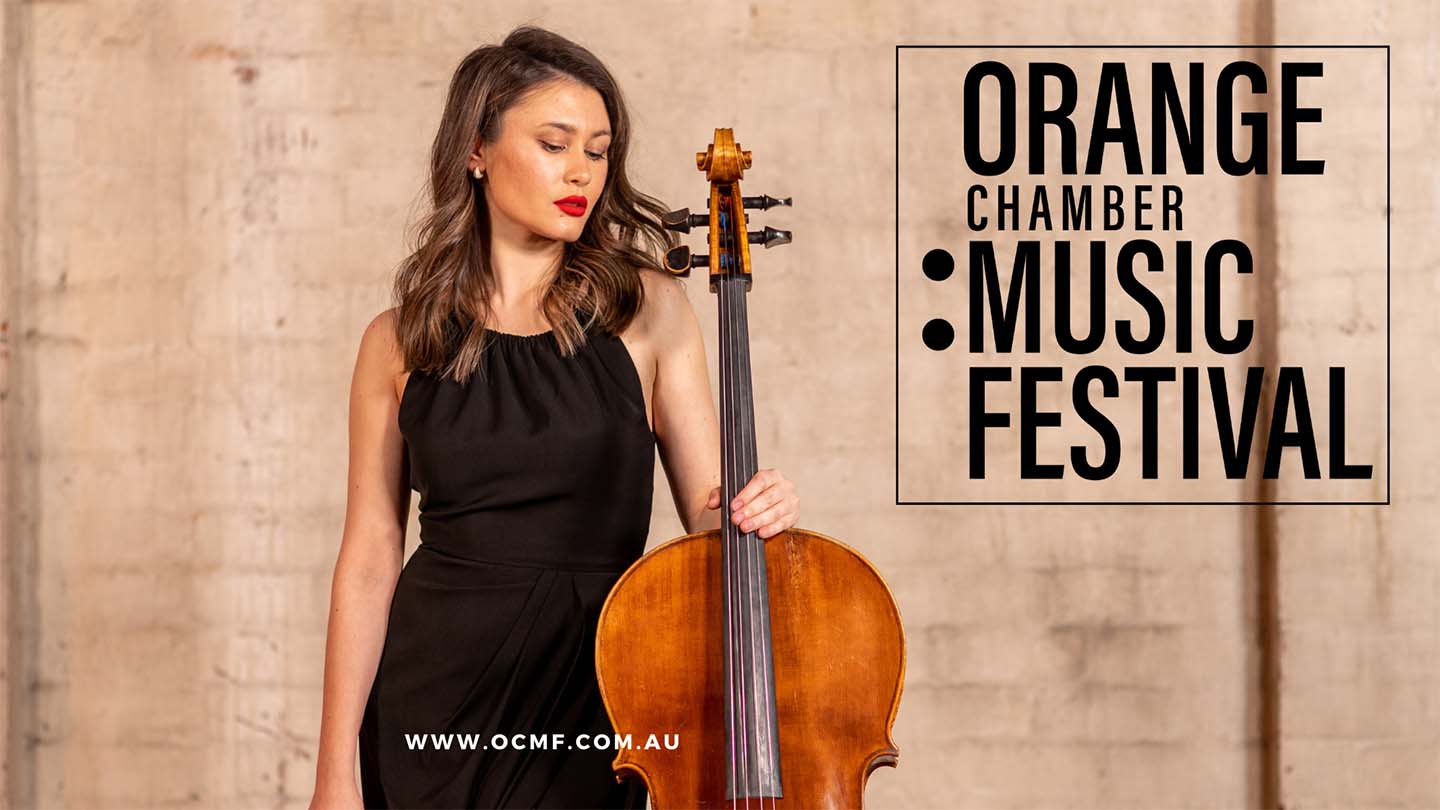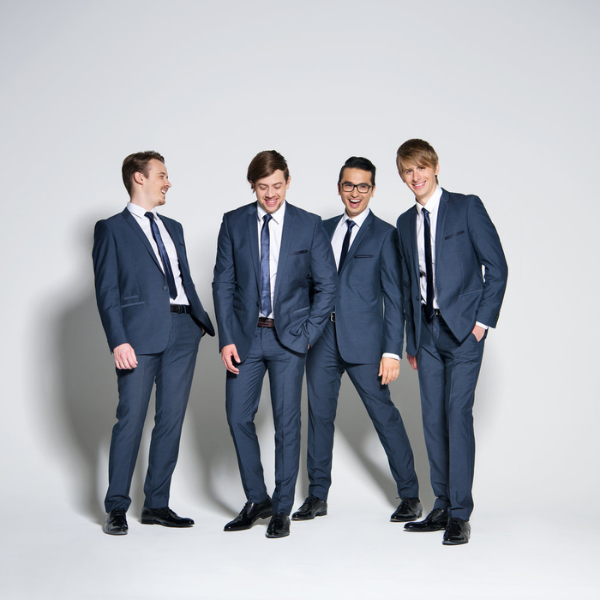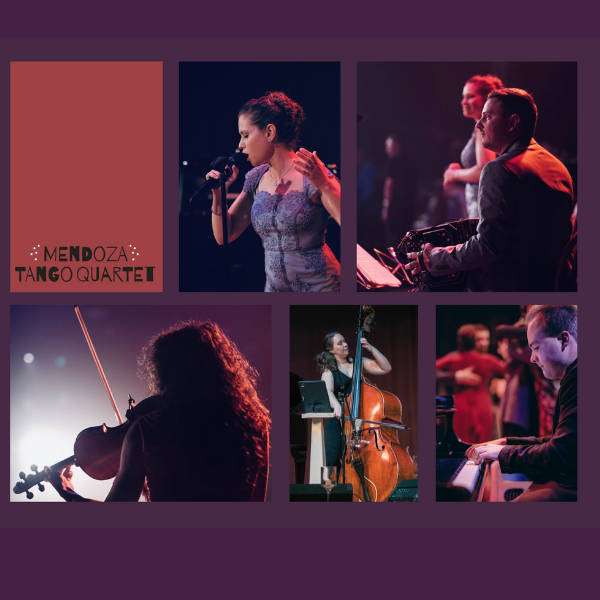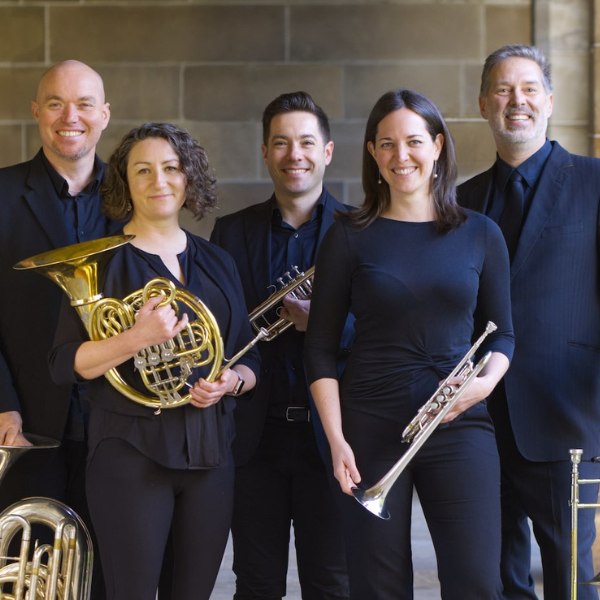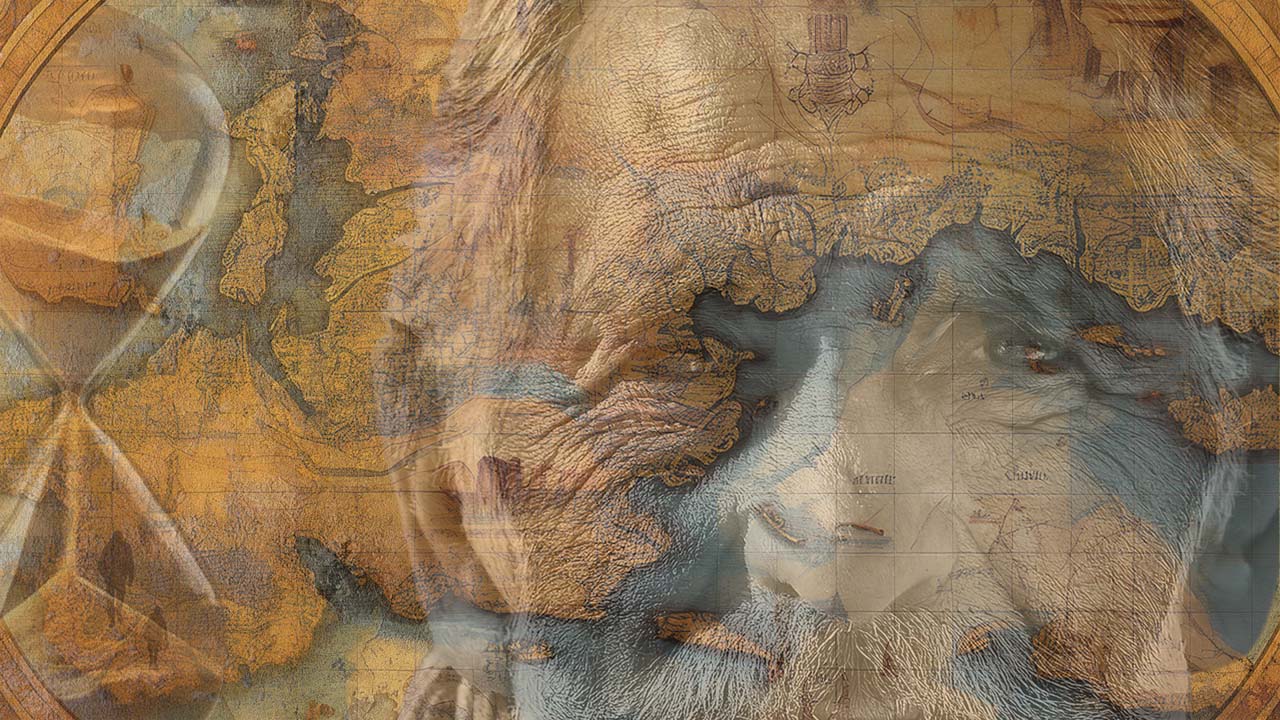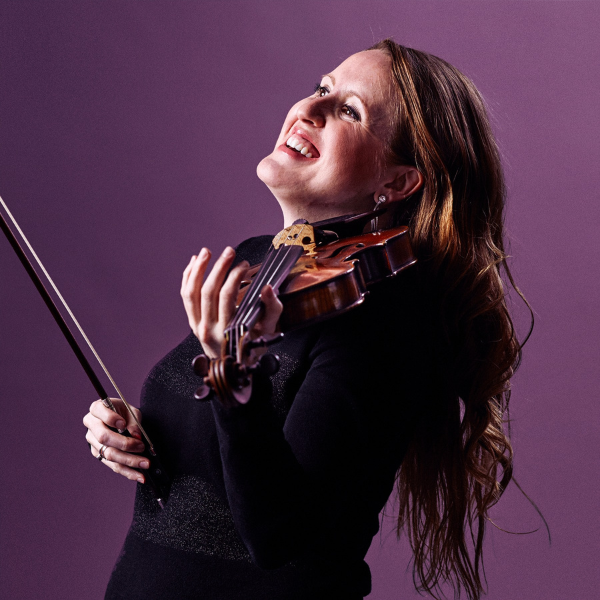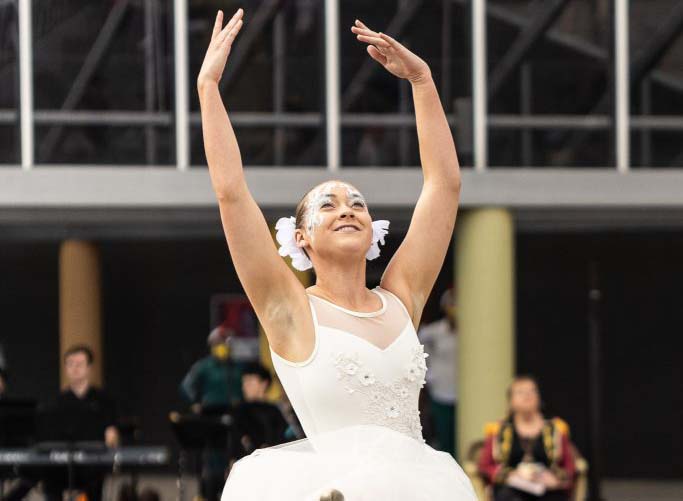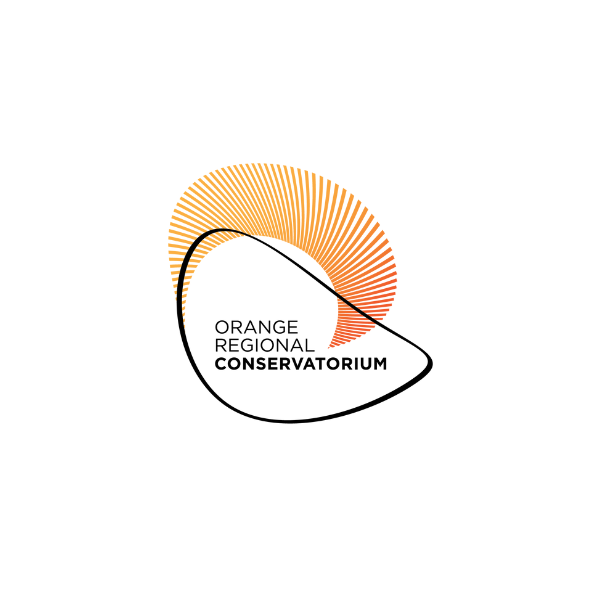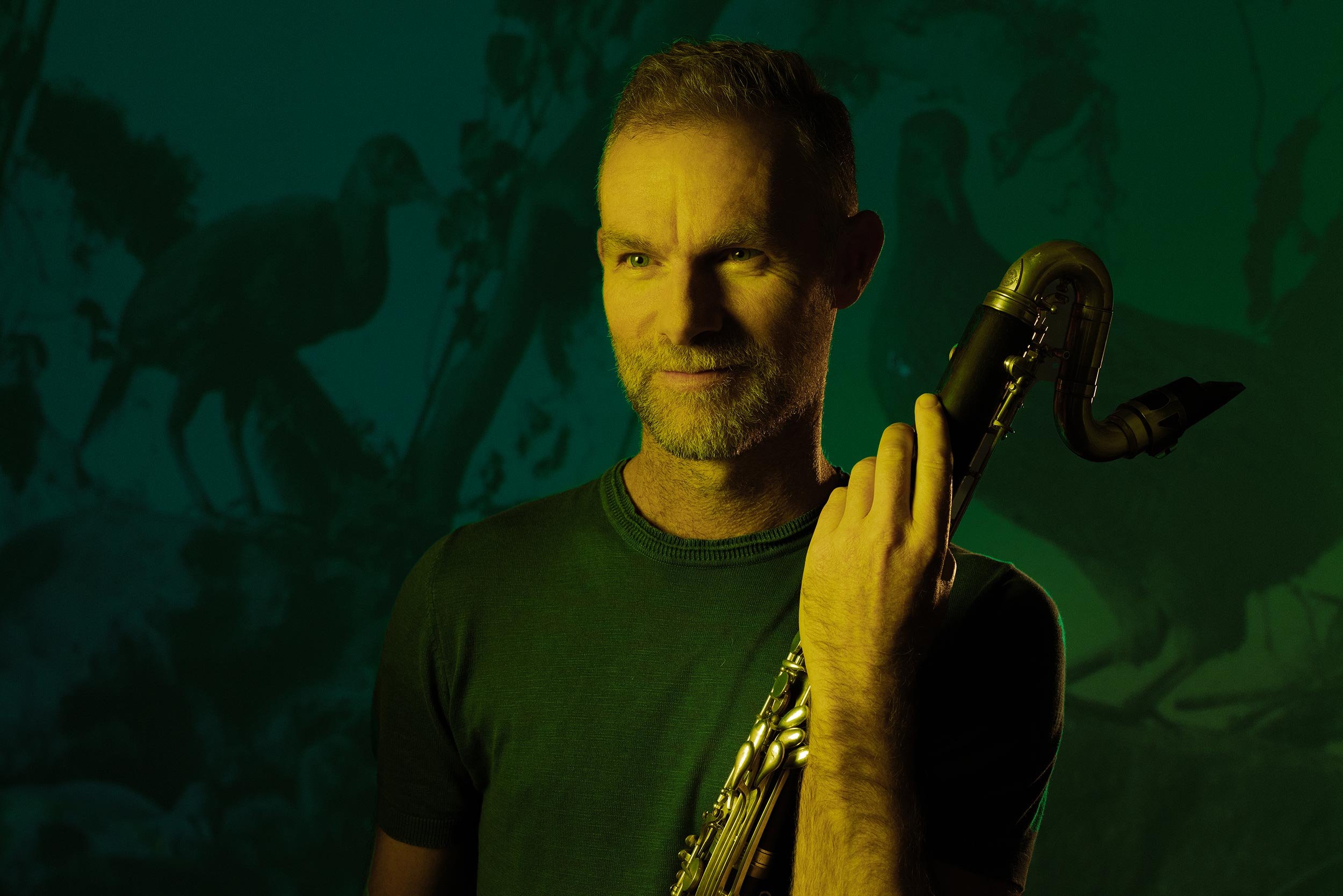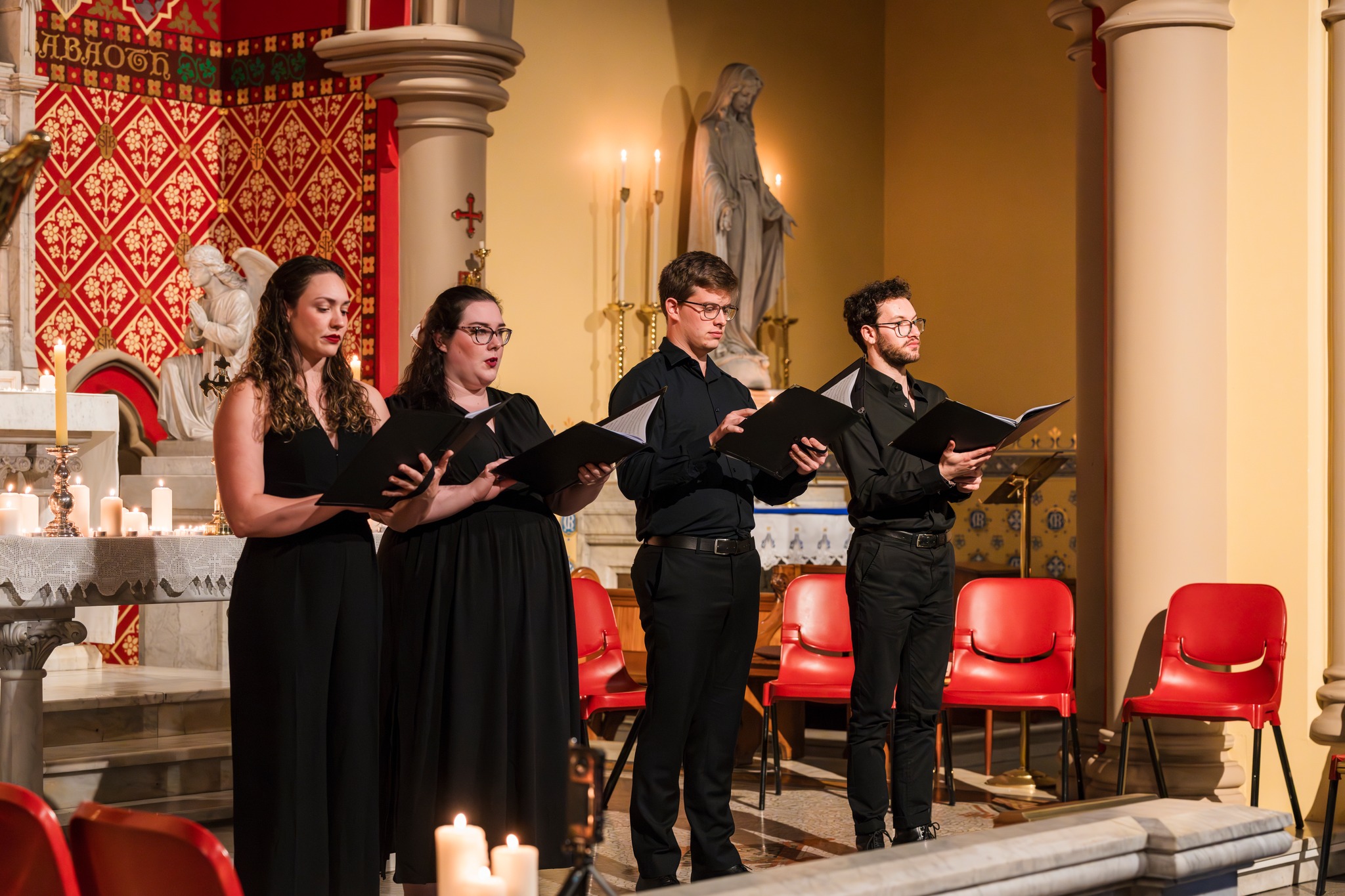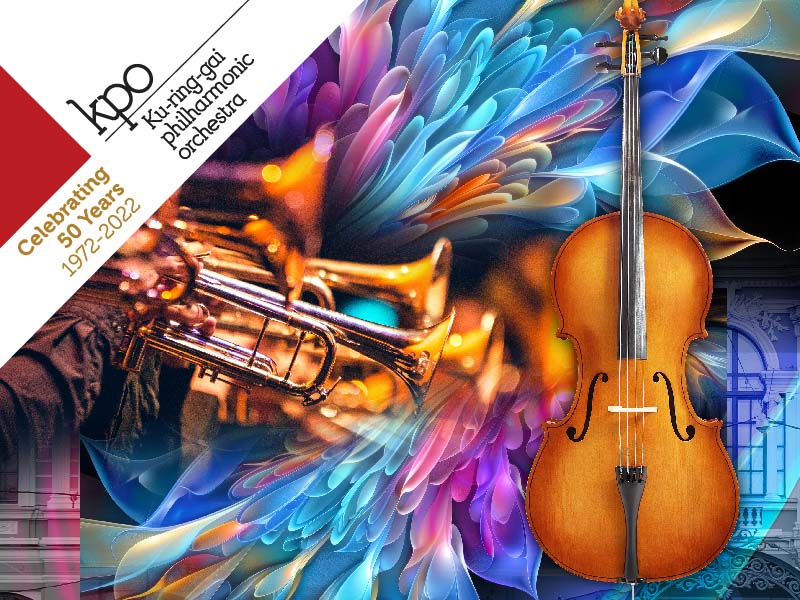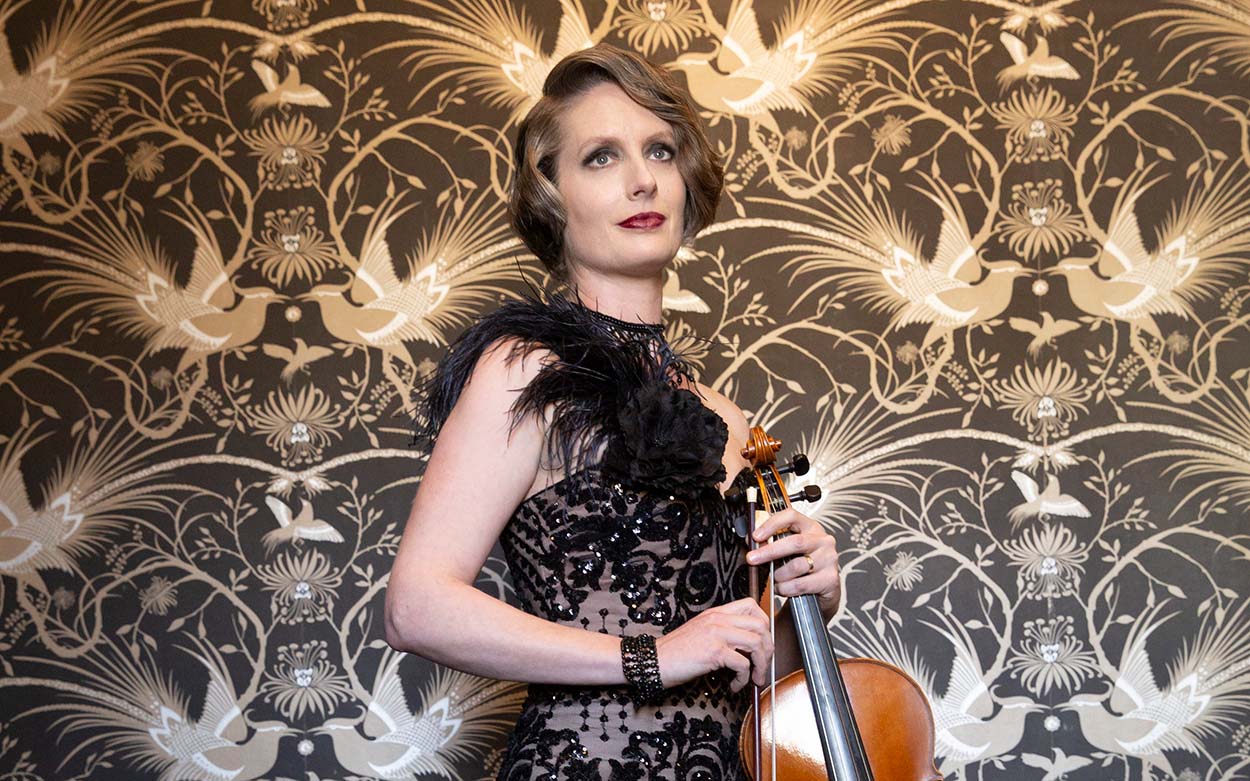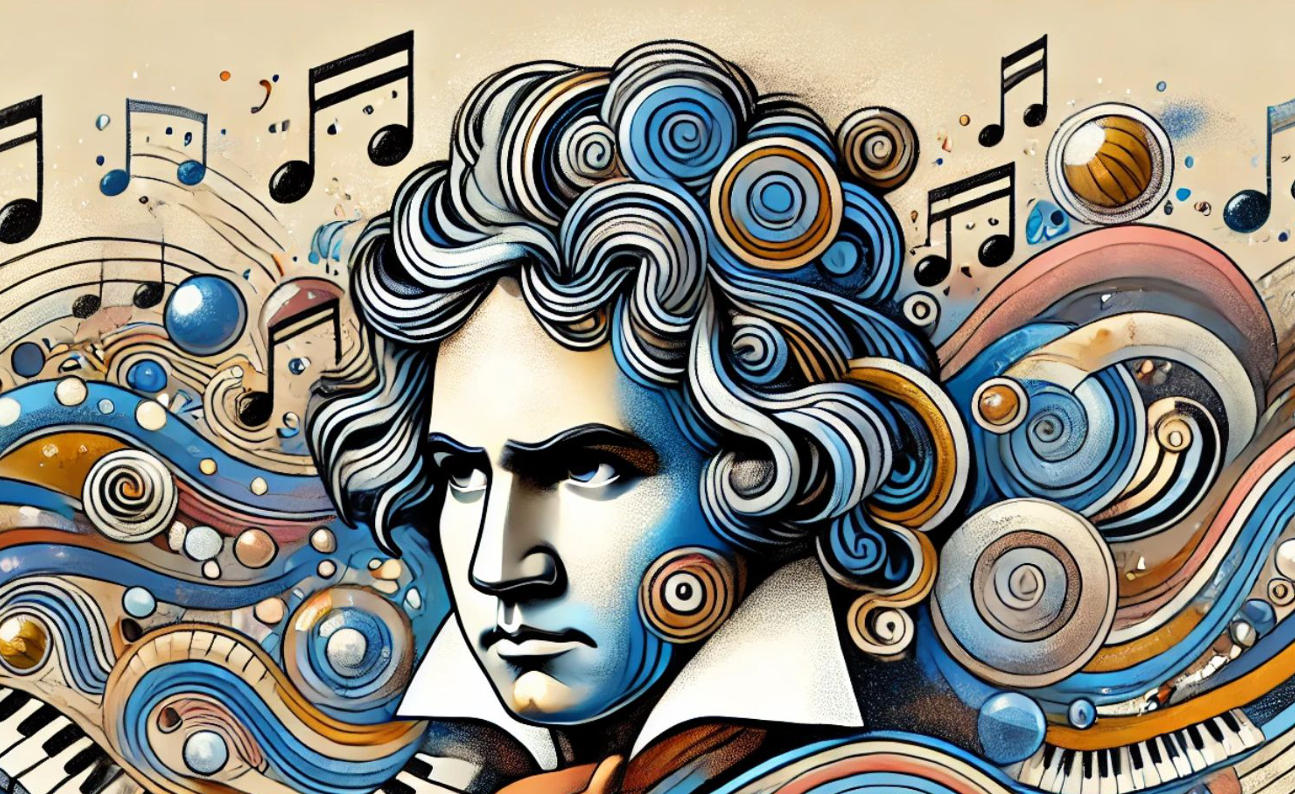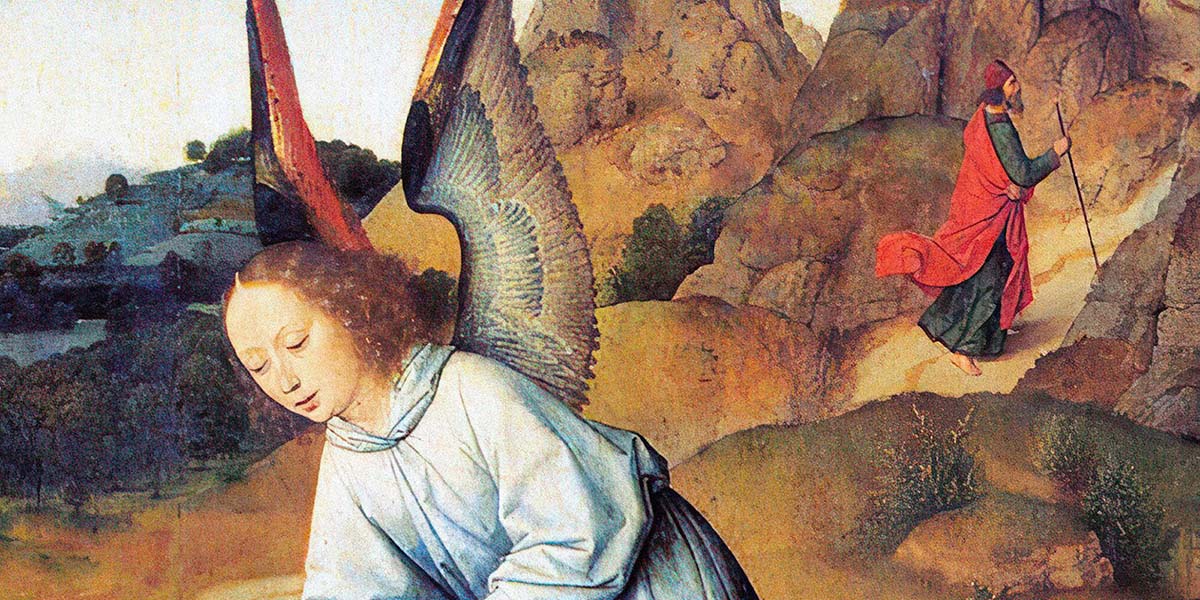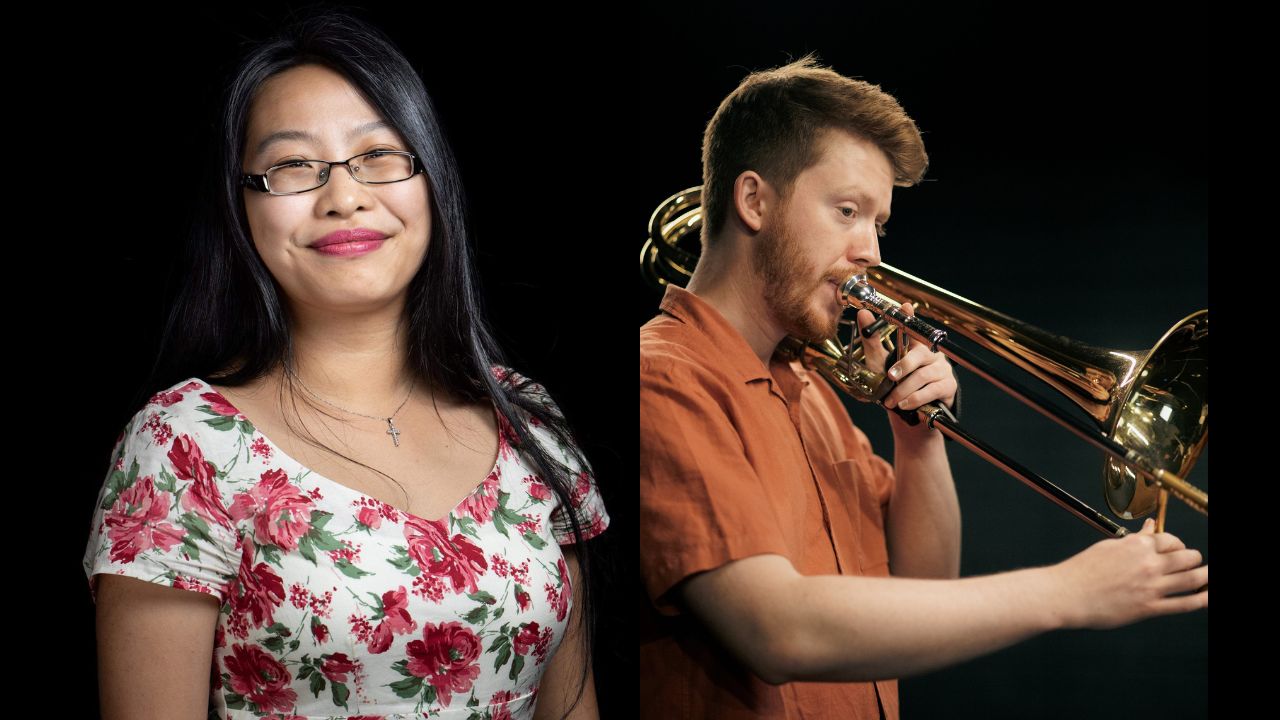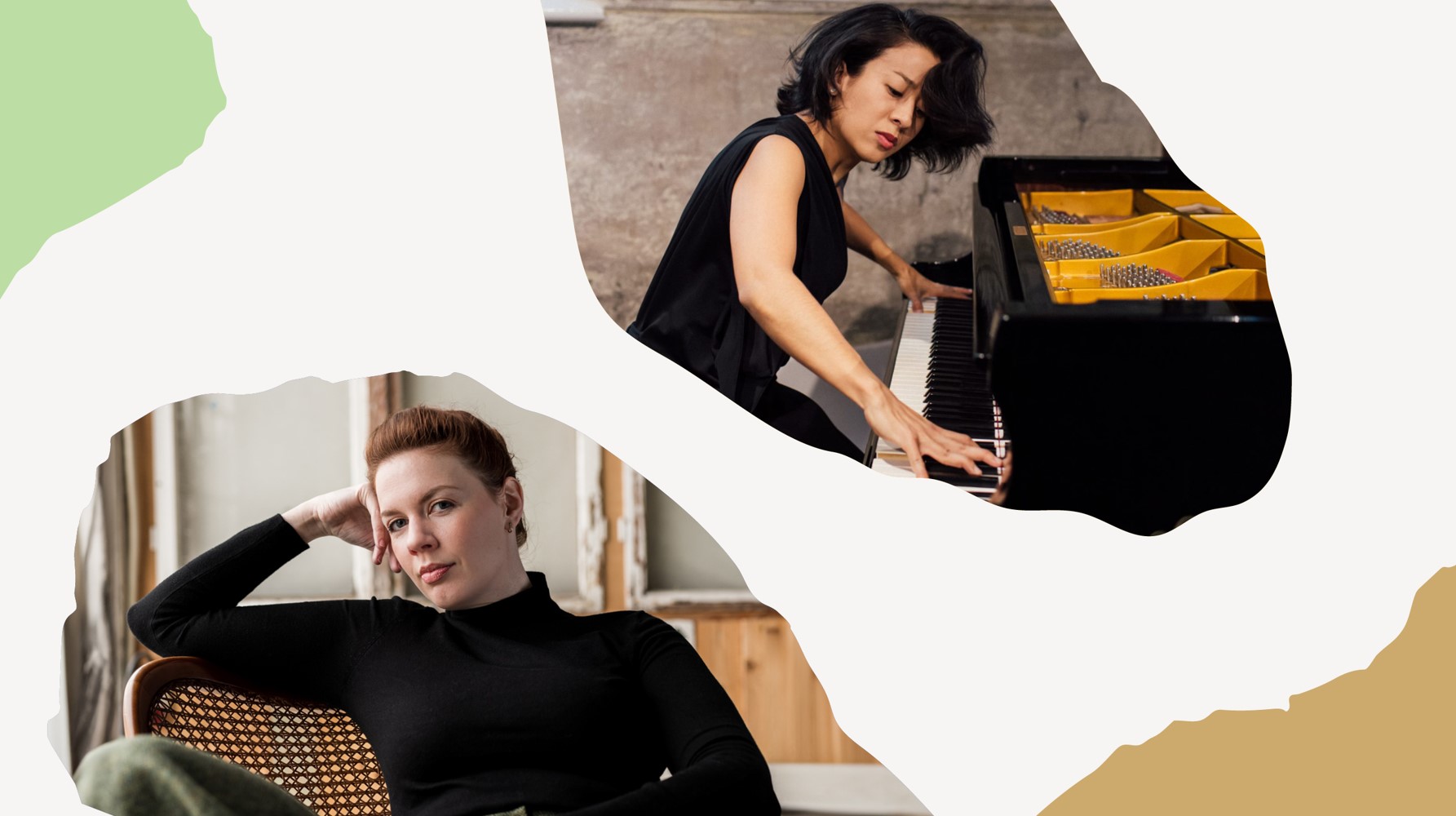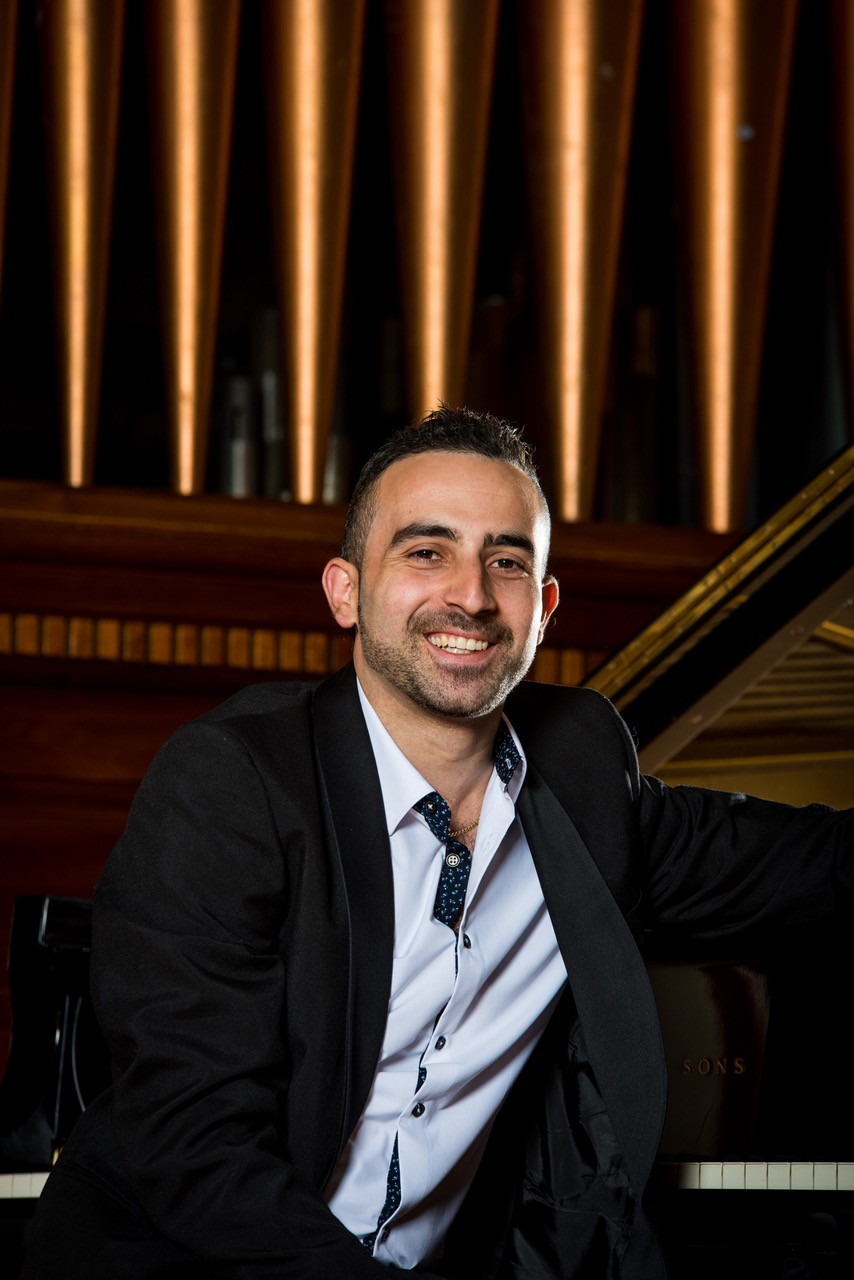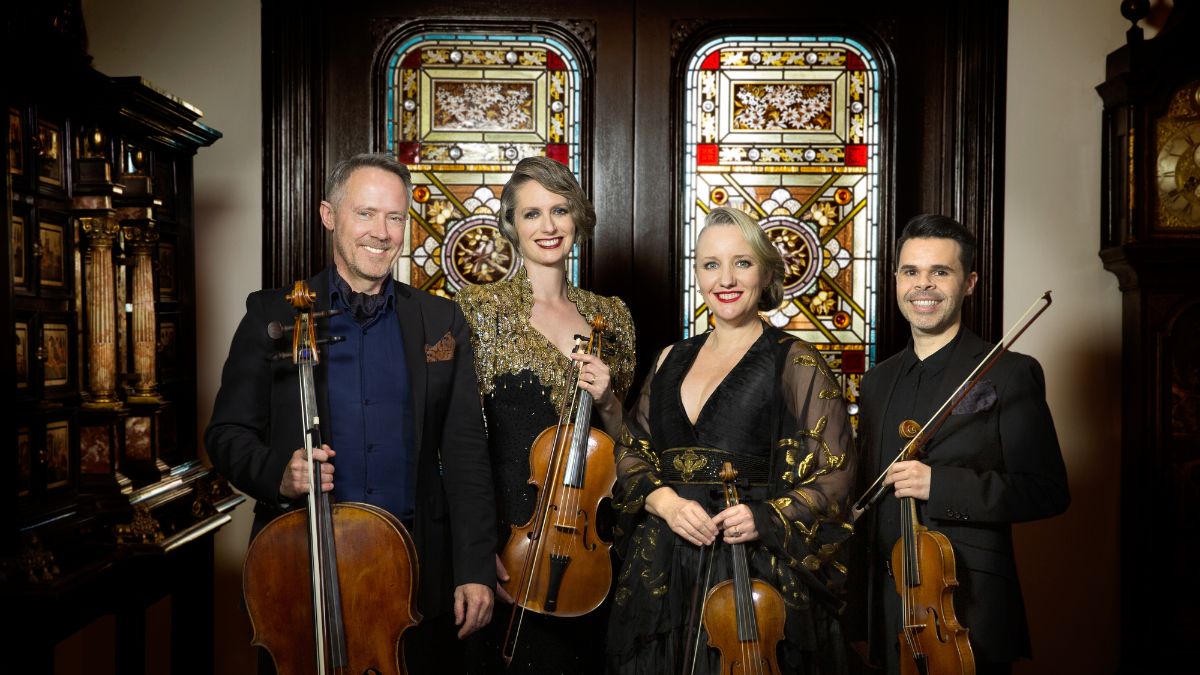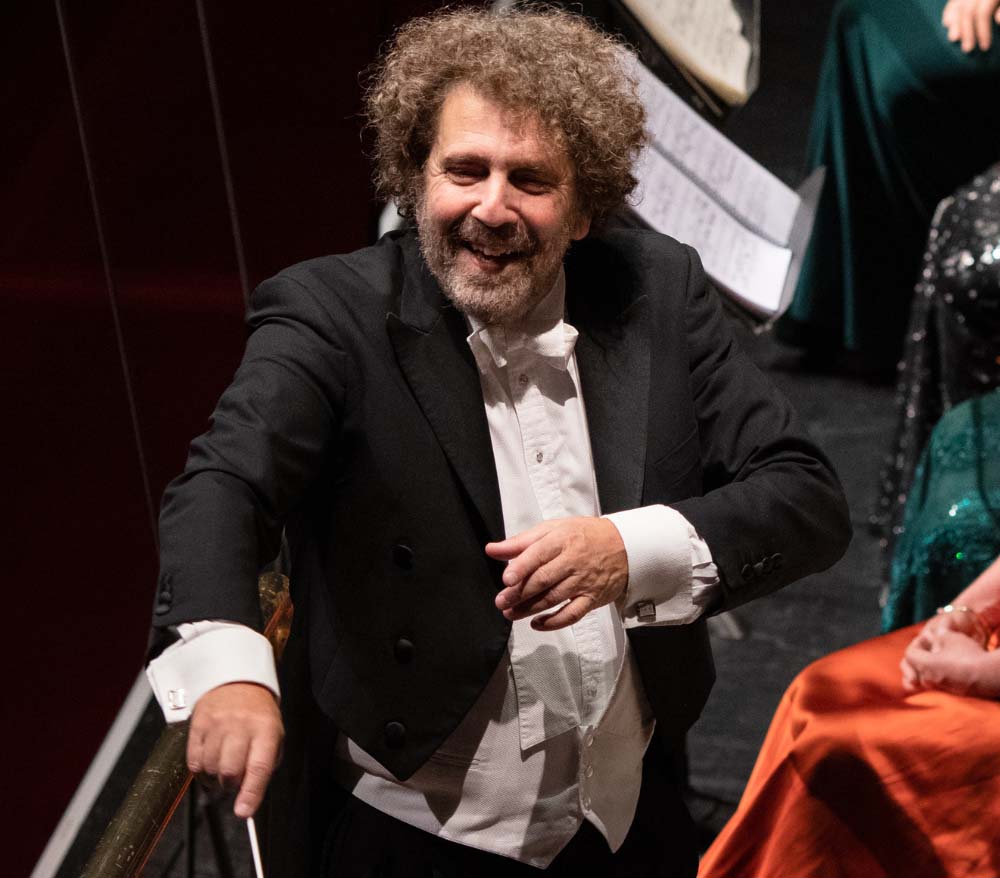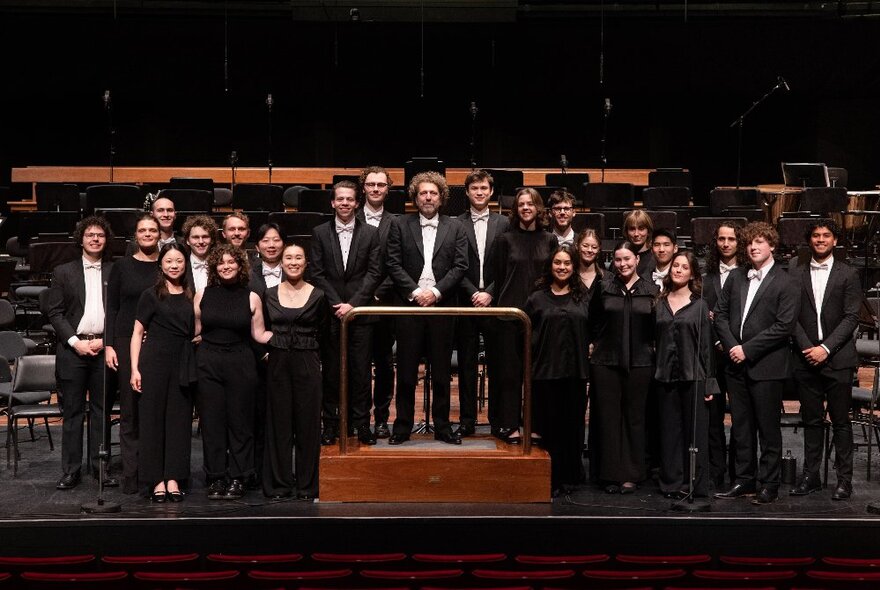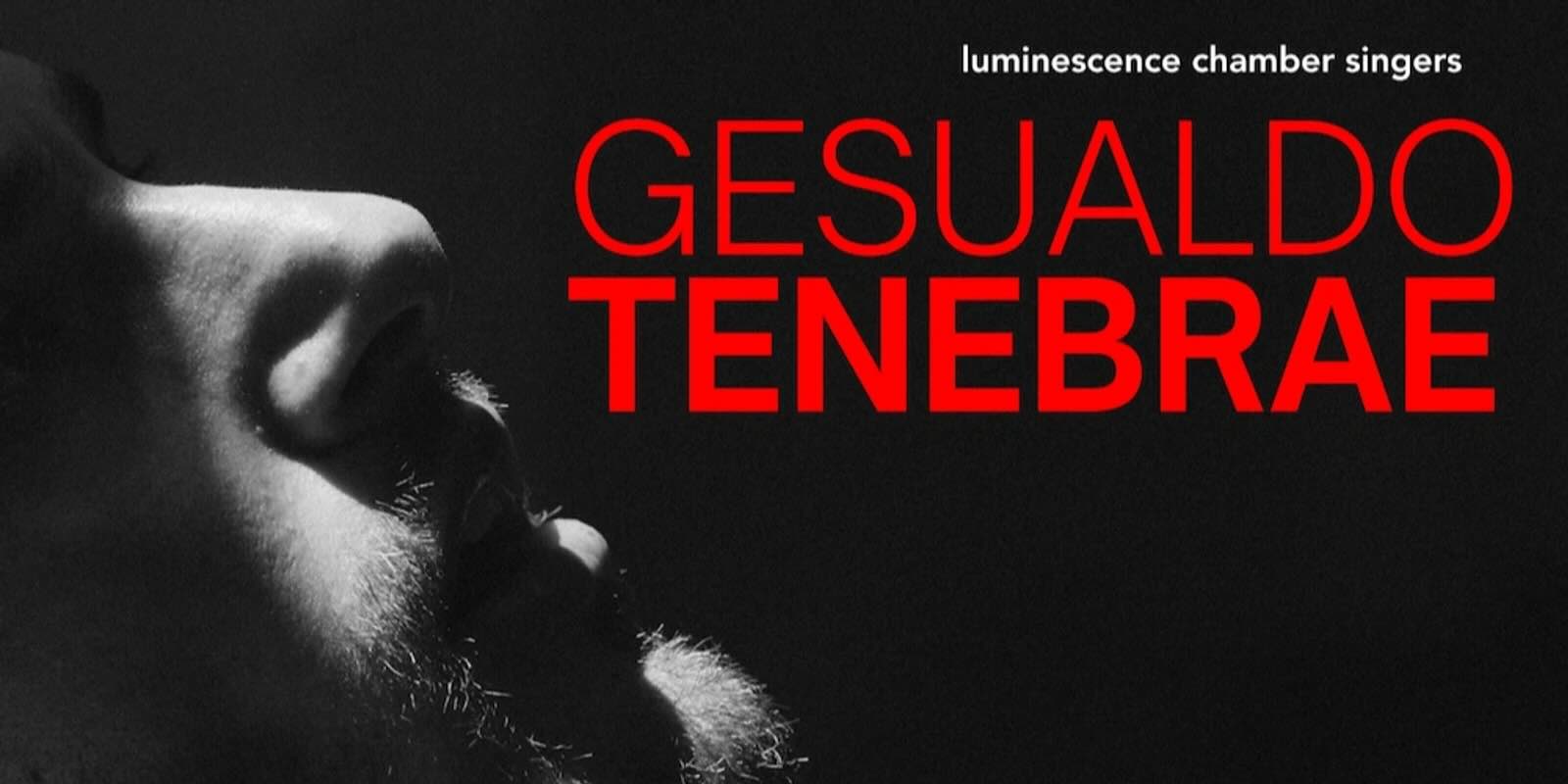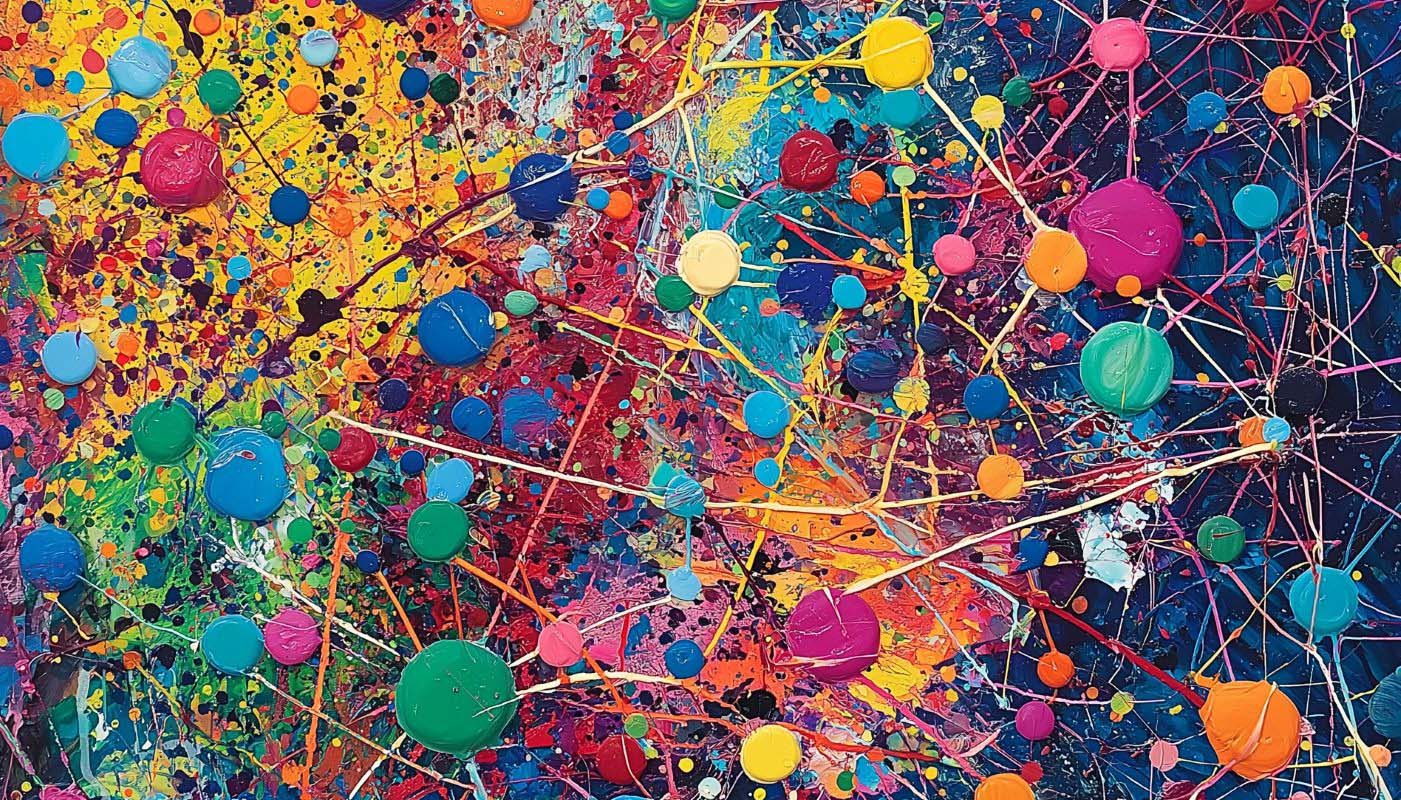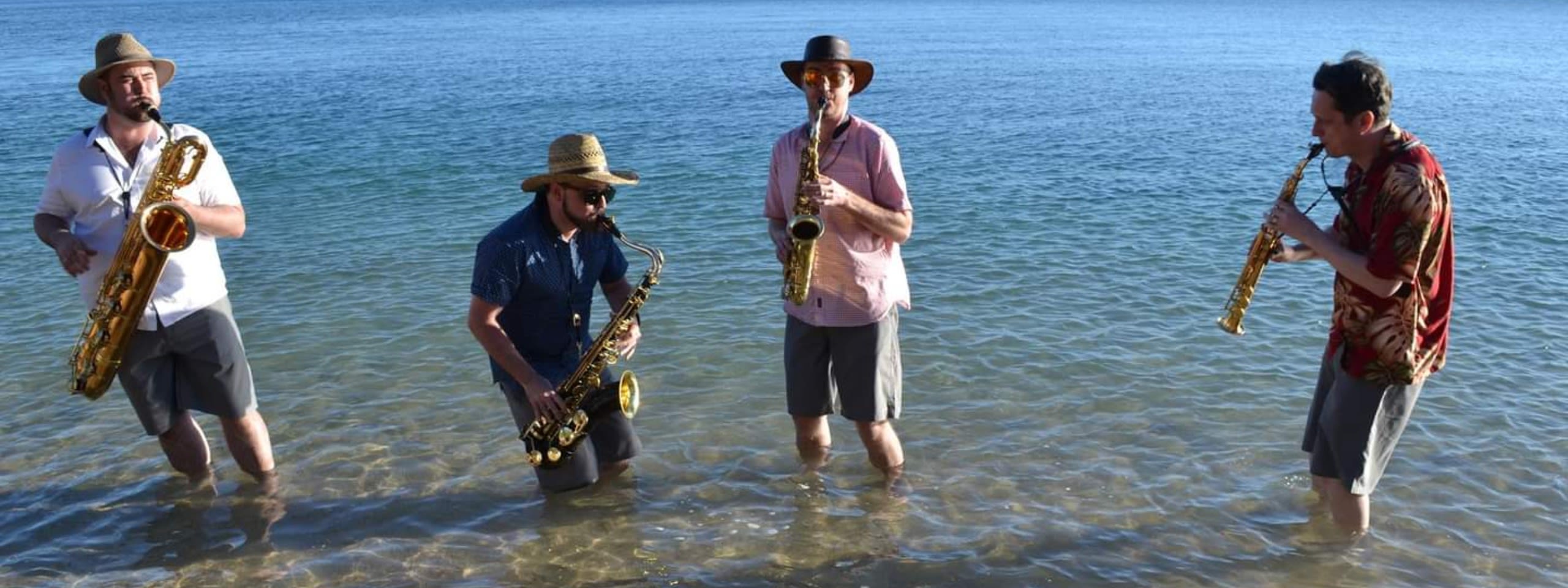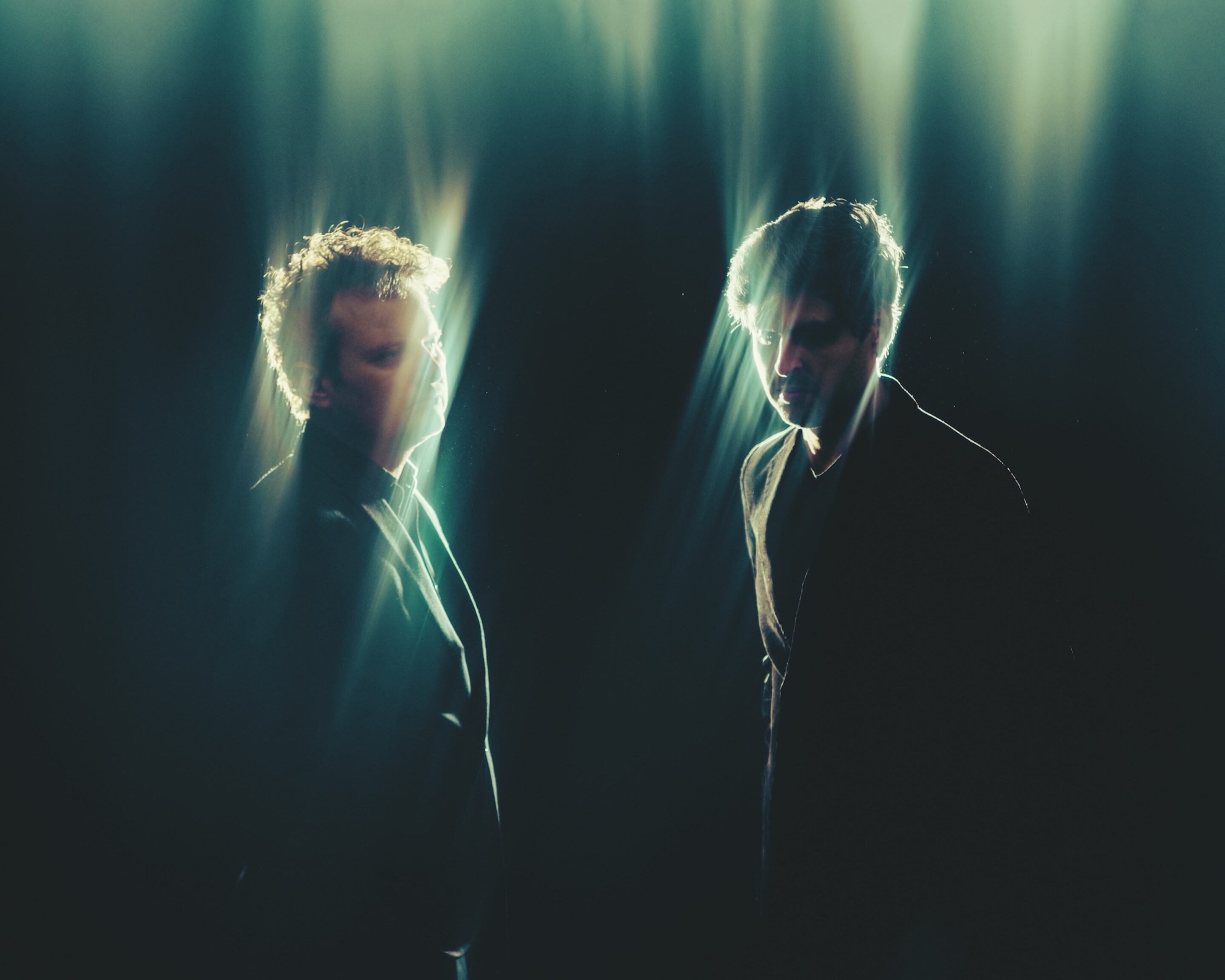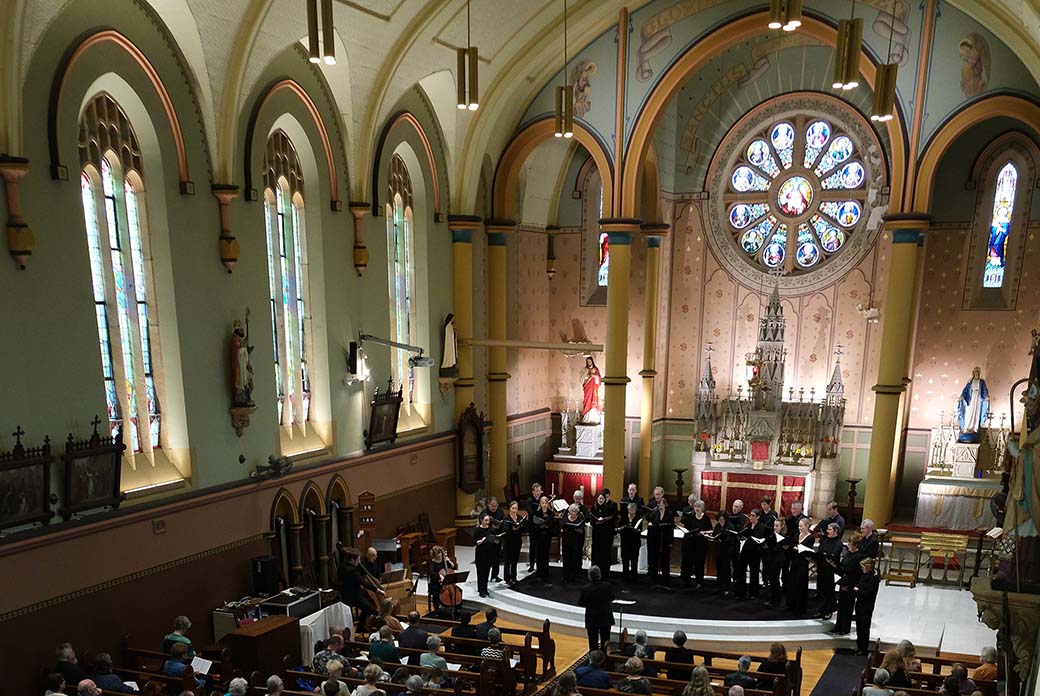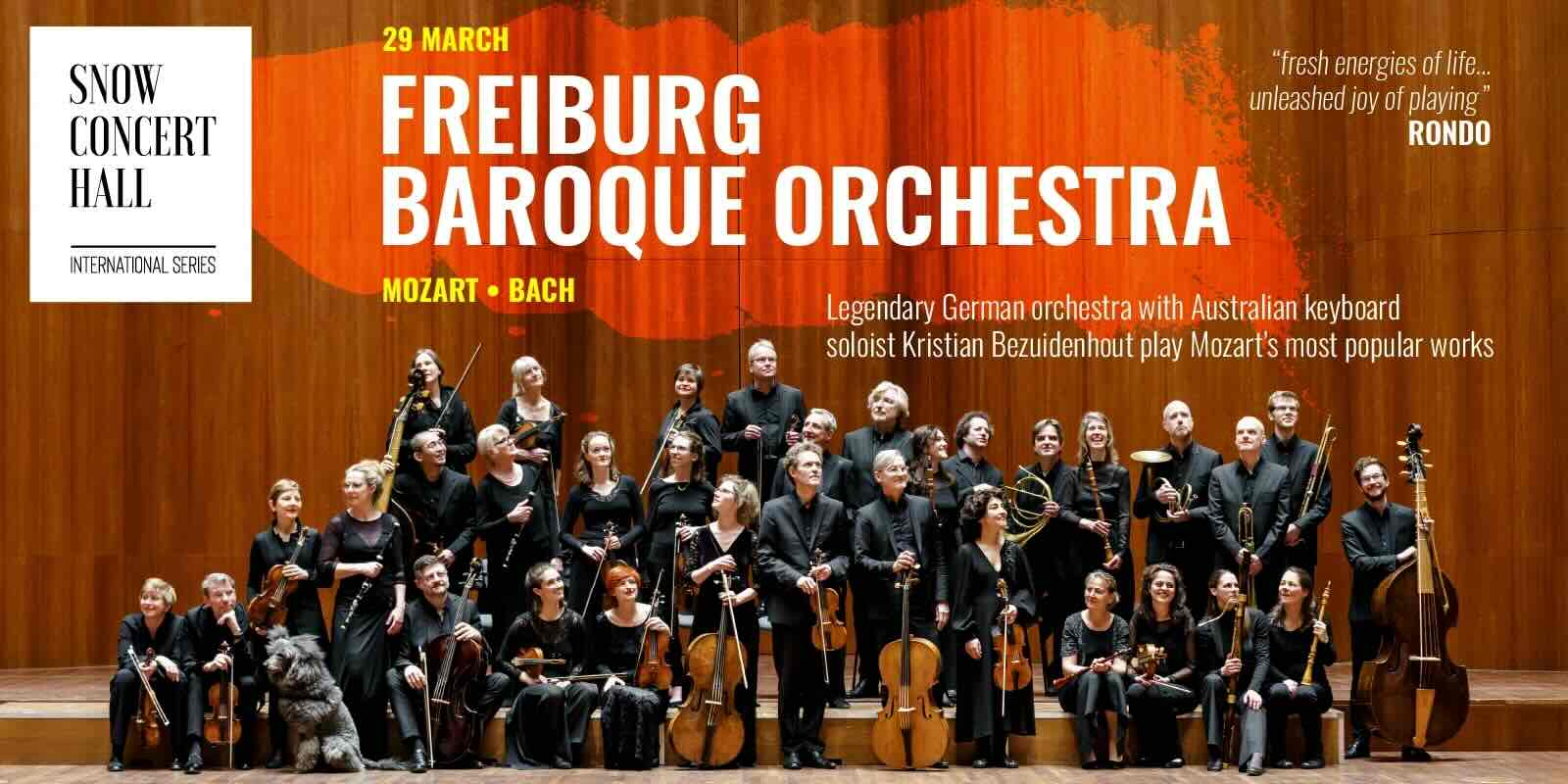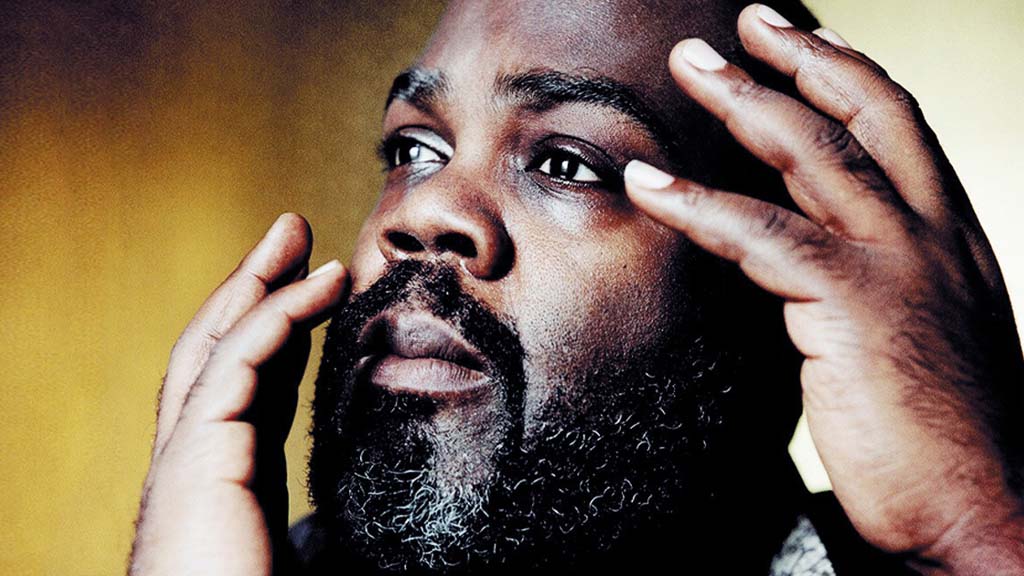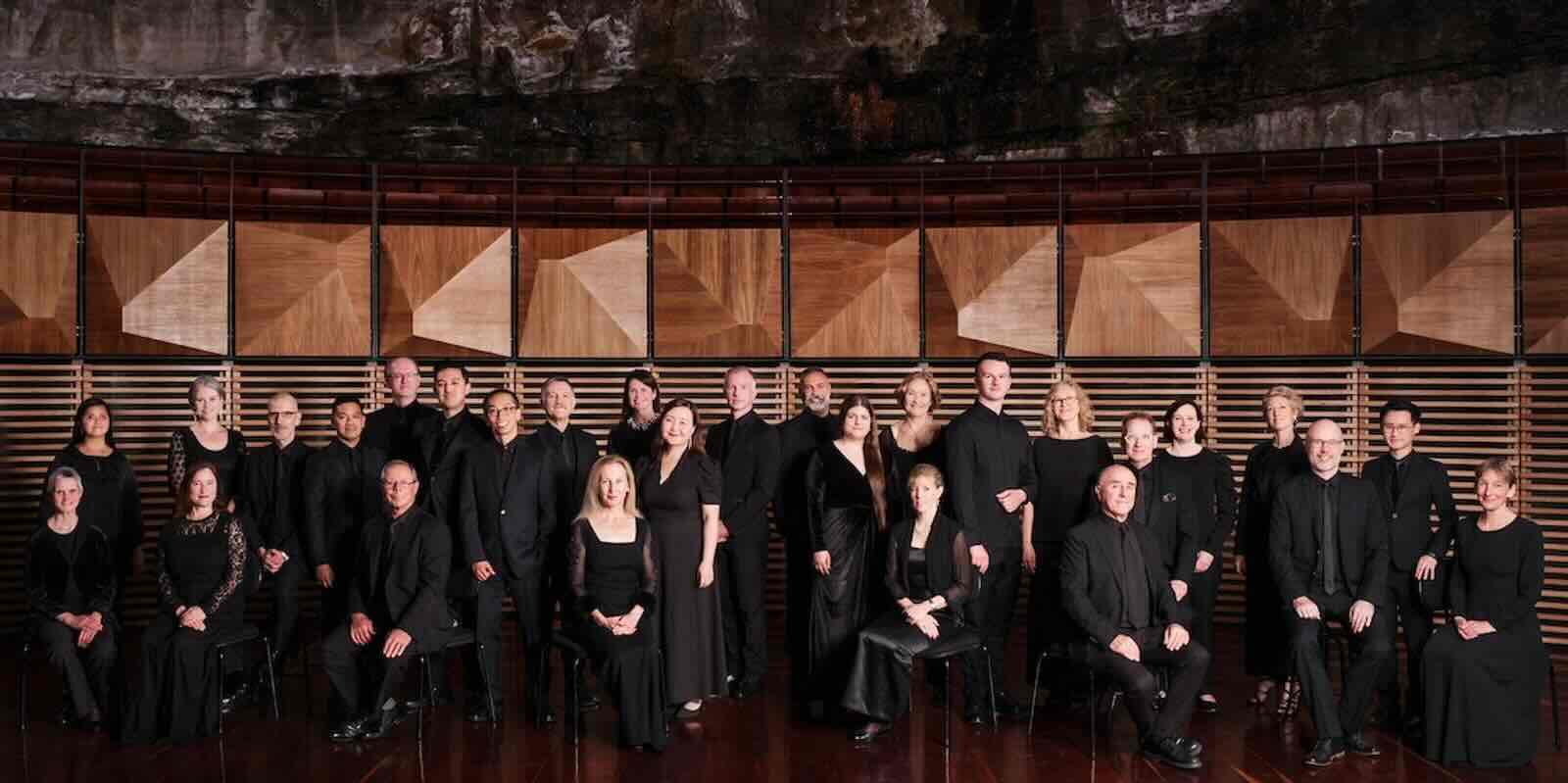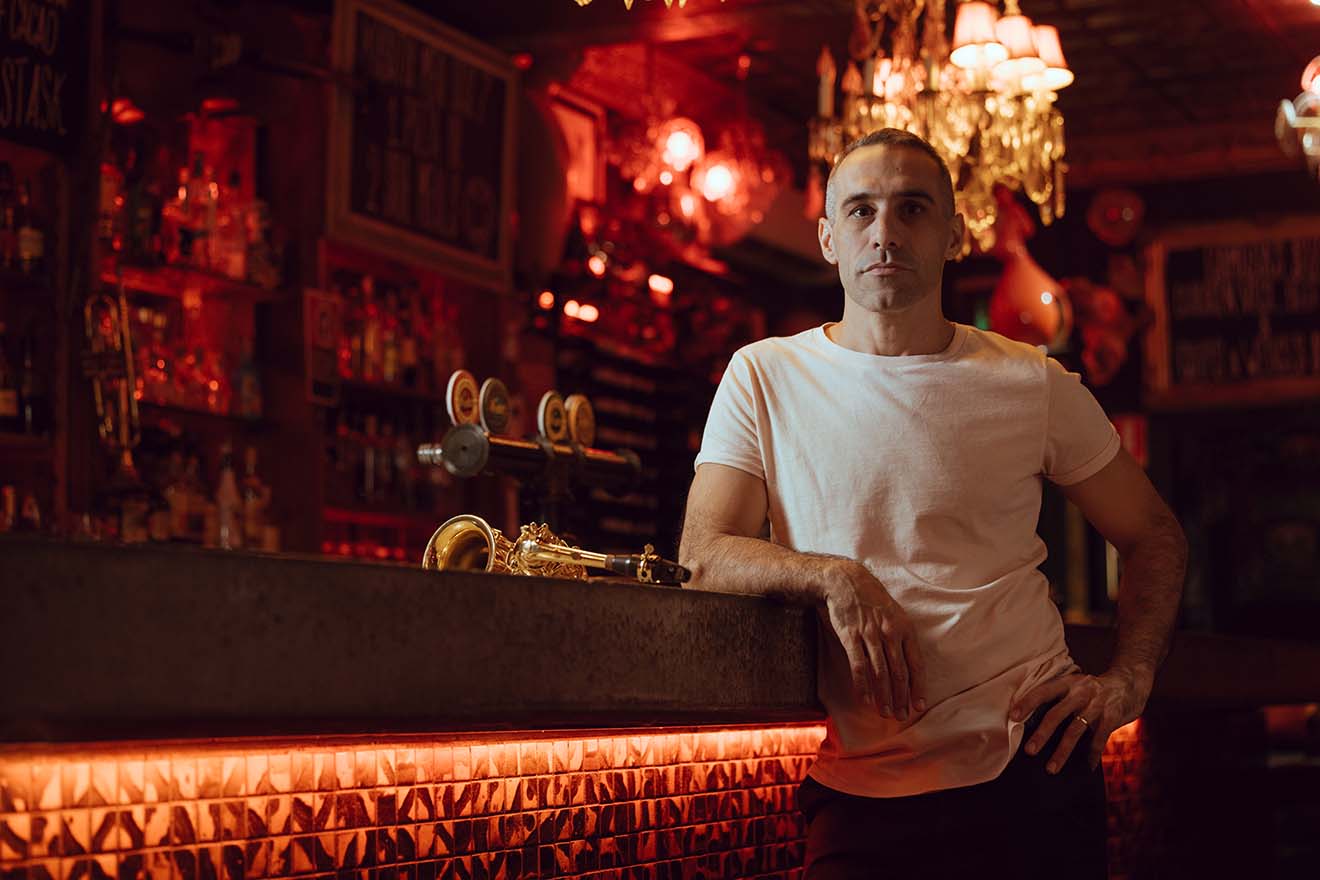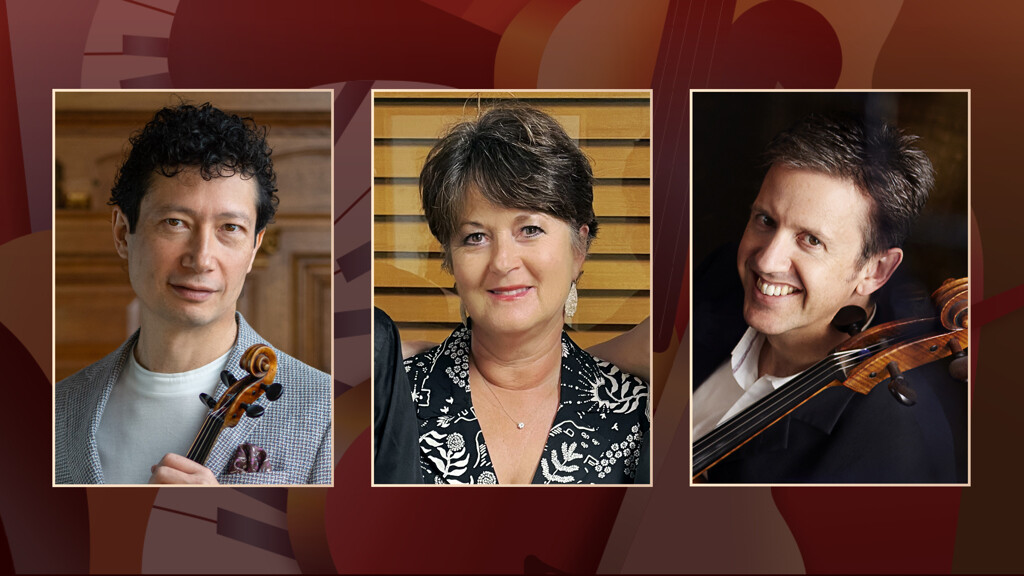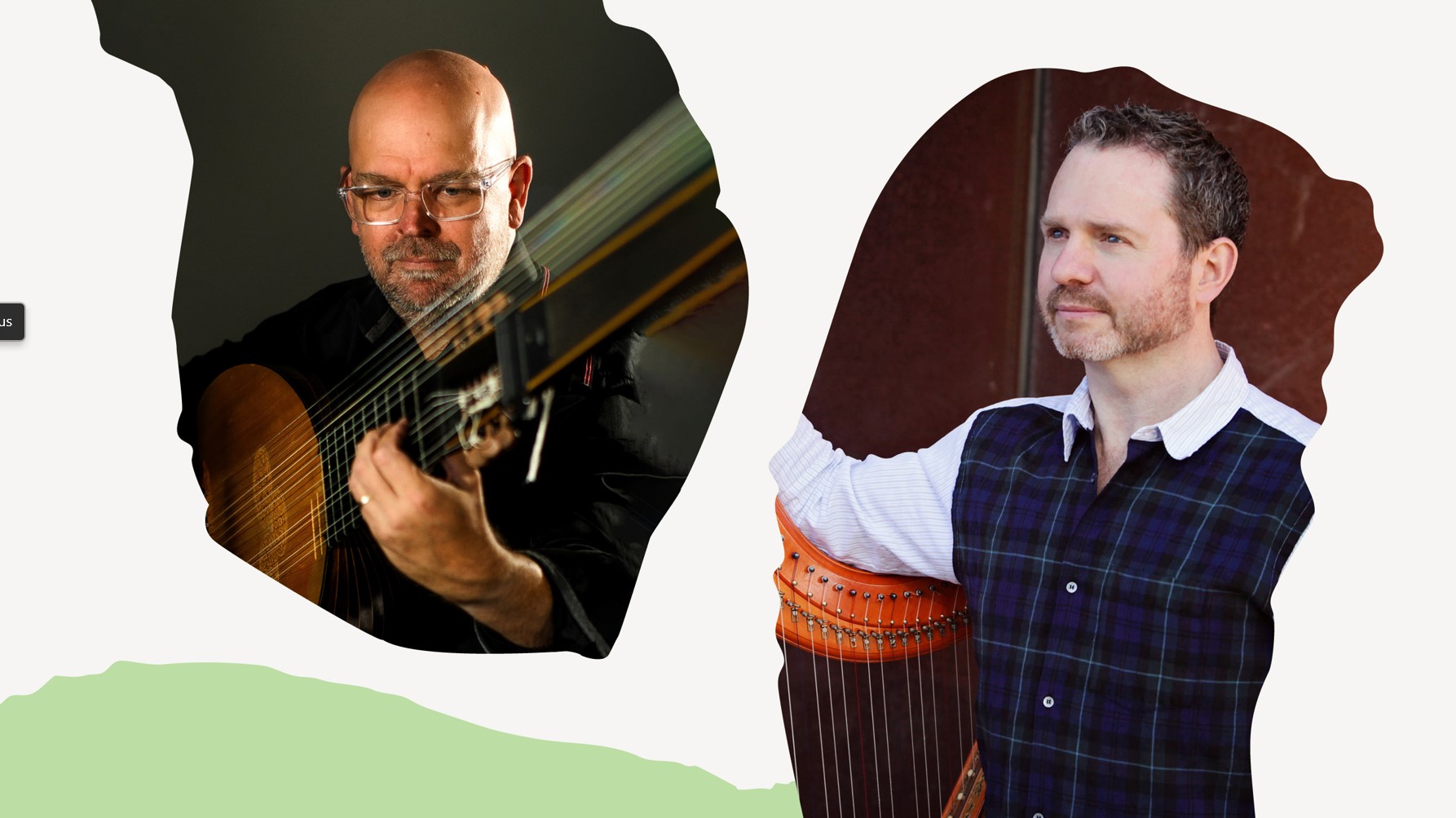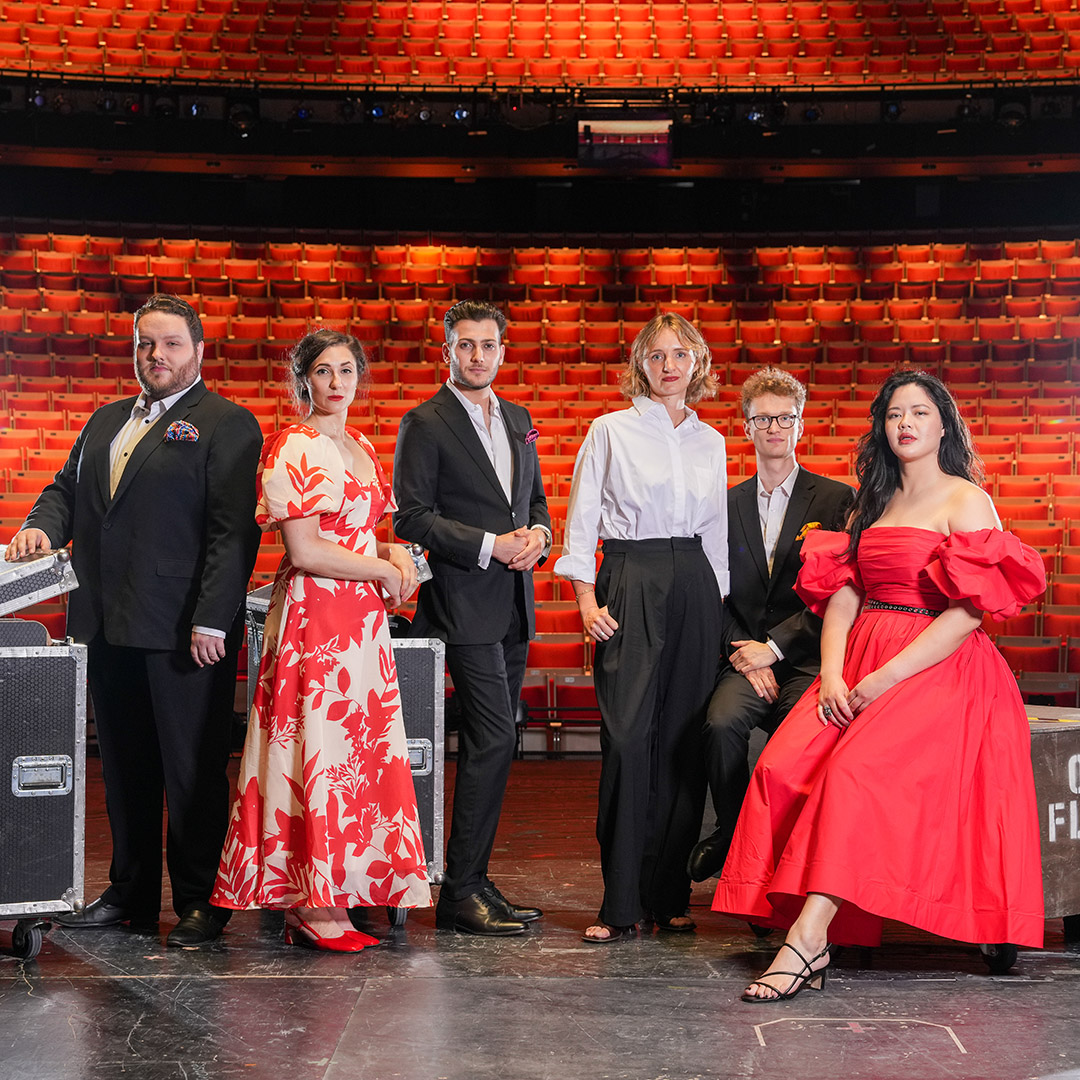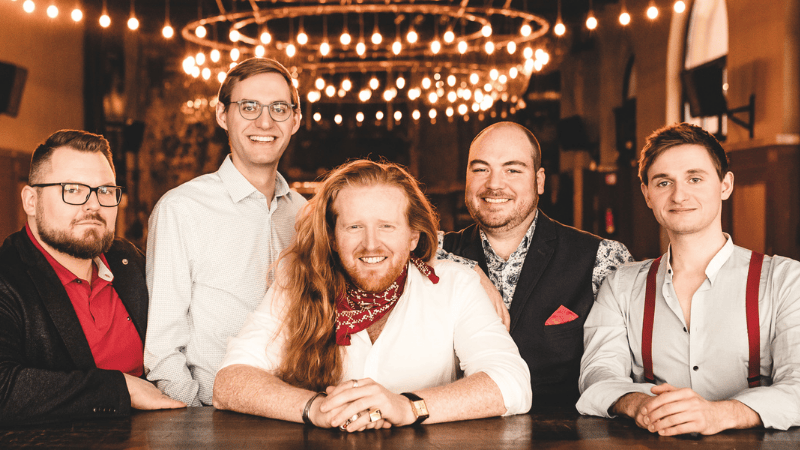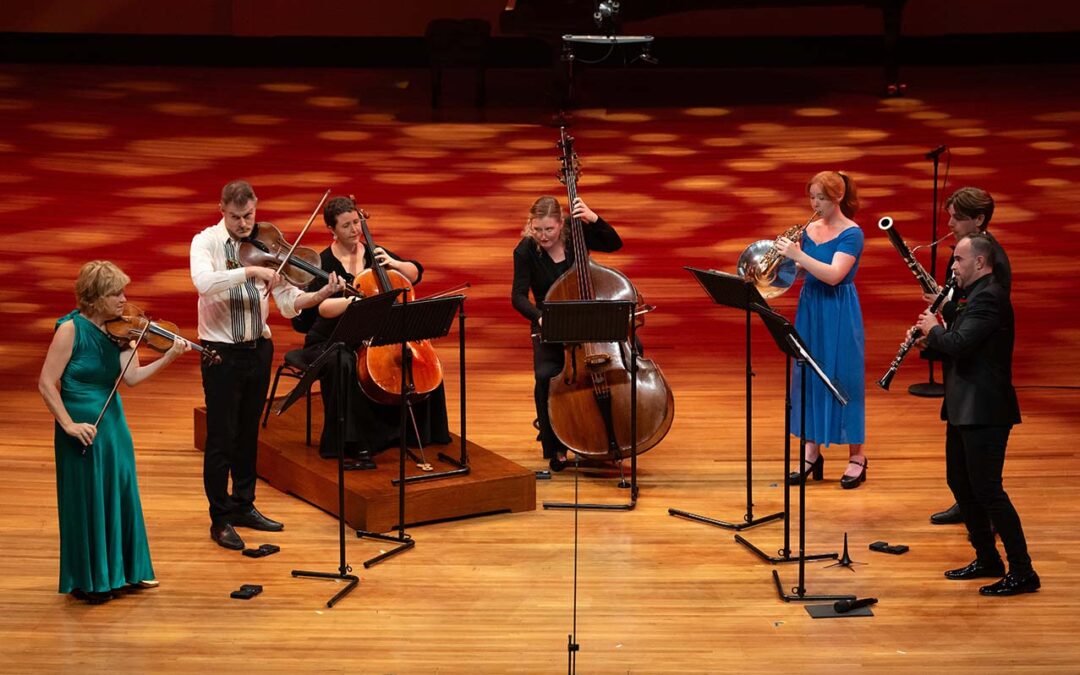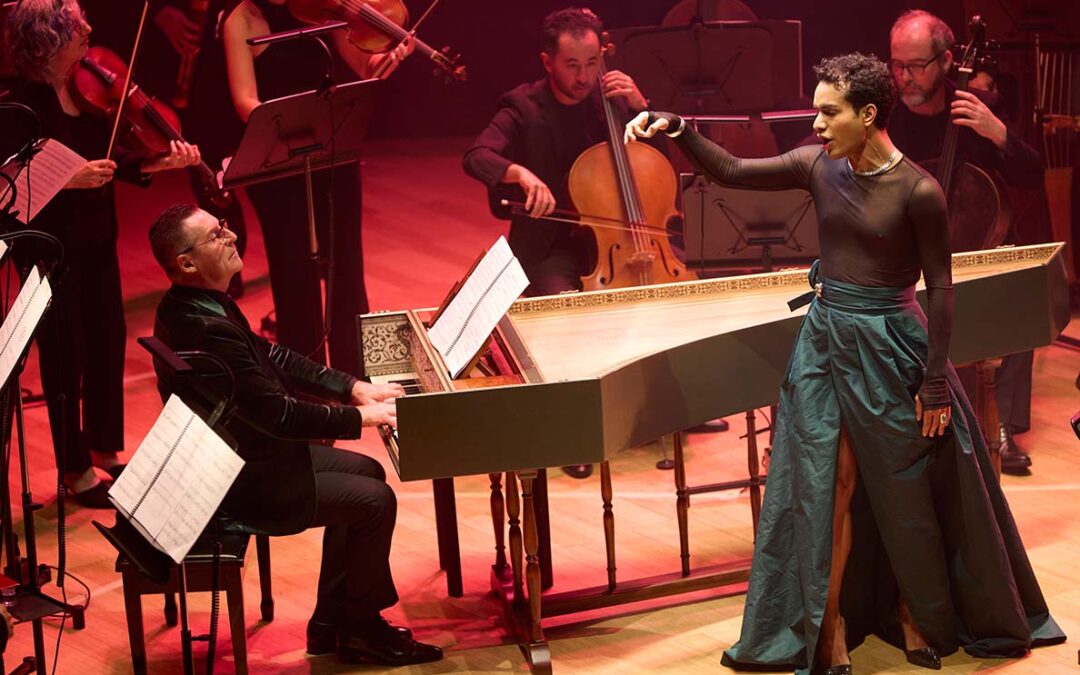After a picnic lunch in the sunny Botanic Gardens, it was only a small step in the imagination to be transported to an eighteenth-century garden to listen to Scarlatti’s Concerto Grosso No. 3 from Six concerti in seven parts, which opened the Australian Haydn Ensemble’s fourth concert series, Delirious Love. Written in a major key (F), it was most likely written by Francesco, brother of the more famous Alessandro. For this work the Australian Haydn Ensemble comprised 3 violins, viola, cello, violins, bassoon and Baroque guitar with their guest director Benjamin Bayl, an Australian born international conductor, at the harpsichord (also Australian-made by Carey Beebe). The inclusion of the guitar added to the overall sunny aspect of this excellent performance.
For me, the highlight of the concert was the consistently magnificent singing by Sara Macliver, whose radiant voice soared ecstatically above, and interacted with the ensemble. She sang Handel’s Motet Silete Venti (Be Silent Winds), an exploration of the link between Divine and Earthly love. This she expressed in her wonderfully pure voice, in perfect control, accompanied by a walking-bass in the aria Date Serta (Give Garlands). An oboe had been added to the ensemble and the guitar was replaced by the more sonorous theorbo, a kind of long-necked lute.
Sara Macliver then sang Tornami a vagheggiar (Come back to woo me), an aria from Handel’s Alcina. This song about love and infatuation was superbly sung with Sara Macliver in complete control, and the repetition of the first section allowed to her to demonstrate a stunning range of improvisation and ornamentation.
After Interval we revisited the Scarlatti brothers – this time Concerto No. 5 from Six concerti in seven parts, written in D minor by Alessandro. In the eighteenth century this seven-part arrangement was designed to accommodate a trio of professional musicians, supported by larger forces of amateur players. In the twenty-first century ALL the players were most definitely professional!
The Baroque oboe featured prominently, sounding like a fanfaring trumpet in the instrumental introduction to the Handel Cantata Il delirious amoroso, from which the concert takes its translated title: Delirious Love. This exuberant gaiety is interrupted with dissonant chords, reminding us of the pain felt by Chloris, the protagonist in this cantata. Sara Macliver delighted us again with her masterful interpretation of the madness of Love, with its contradictory feelings of happiness, mourning, lethargy and exuberance felt by Chloris, as she mourns the death of Thyrsis, whom she loved passionately, but was not loved in return. In her delirium, she decides to rescue him from hell, but her love remains unrequited. Nevertheless, Chloris takes him to the Elysian Fields, where on these pleasant, cheerful meadows every flower is born laughing. The aria Per te lascial la luce (I left the the light because of you) featured a beautiful obligato accompaniment by cello, and Amy Power switched from oboe to recorder for the aria Lascia omai le brune veele (Leave then the brown veils).
After lengthy and enthusiastic applause we were treated to the encore Felicissima quest’alma (Most blest is this soul) from Handel’s Apollo & Daphne, an aria where the nymph Daphne sings with pizzicato accompaniment about her happiness before her ‘#MeToo’ moment with the god Apollo.
Thoughts about:
![]()
Australian Haydn Ensemble: Delirious Love | Sydney | Sun 29 Sept, 2019
![]()



